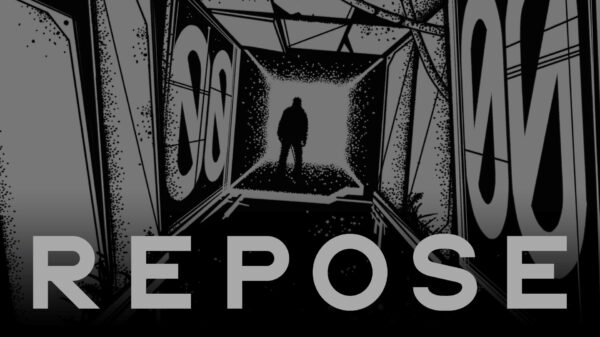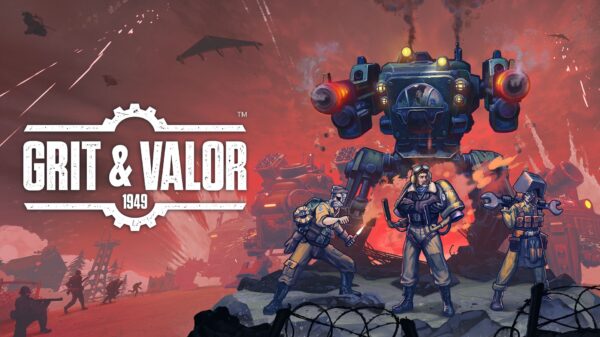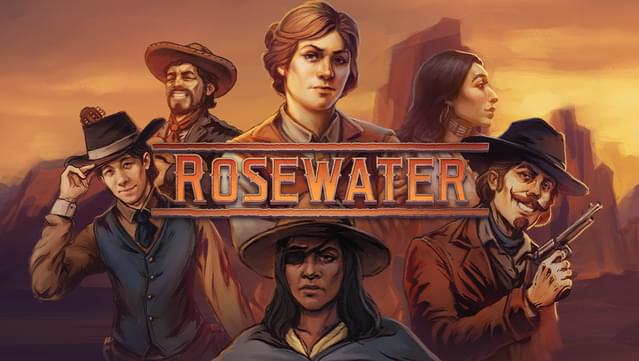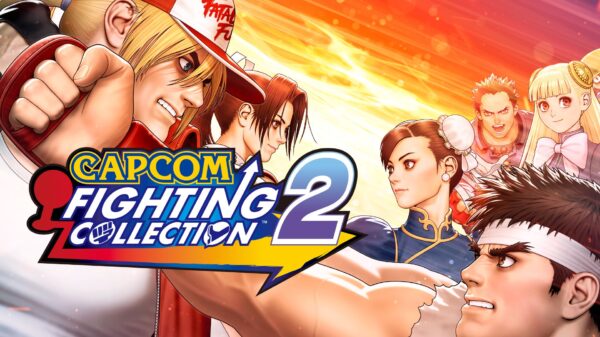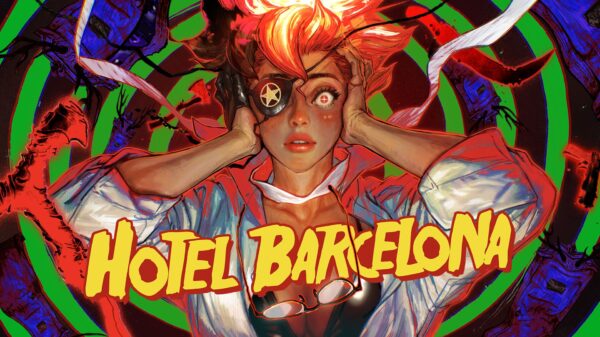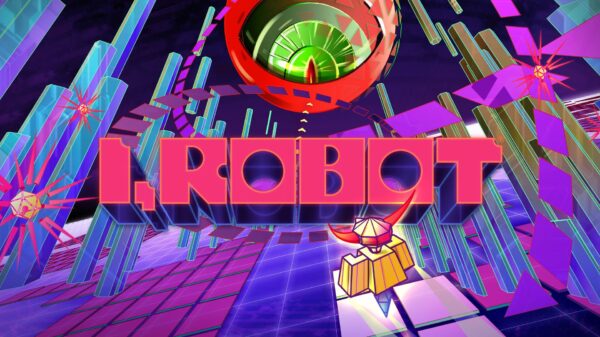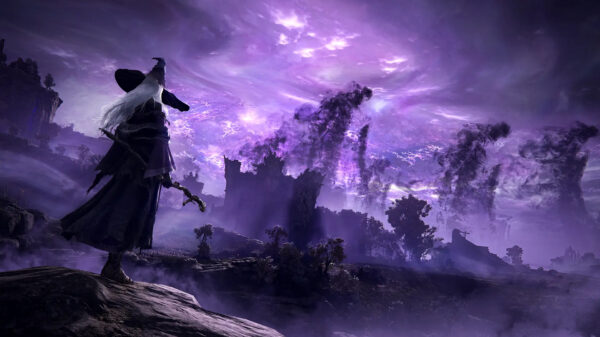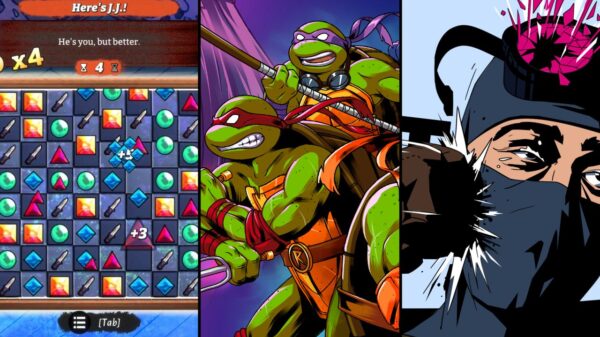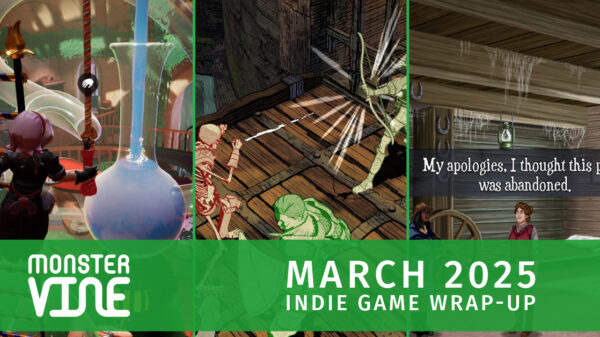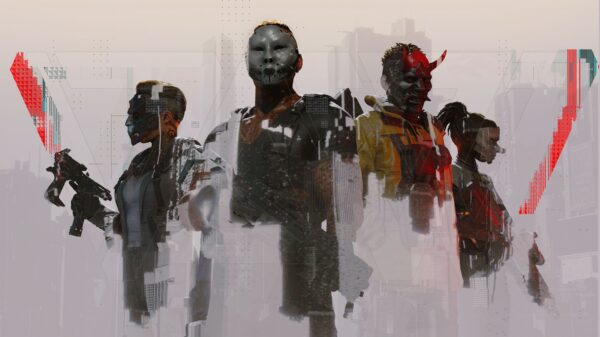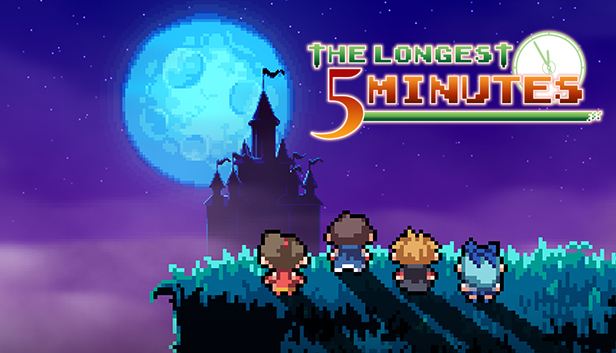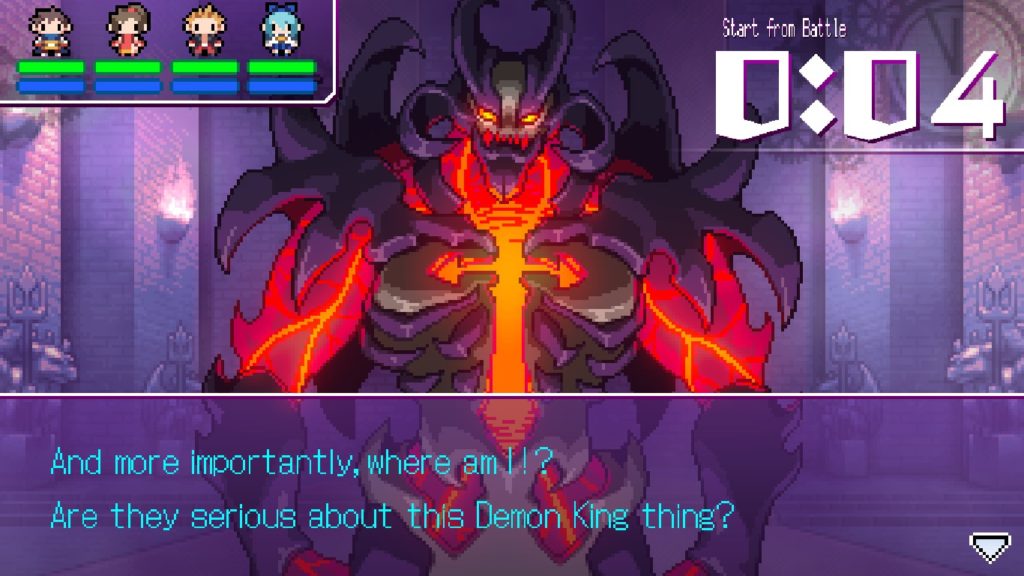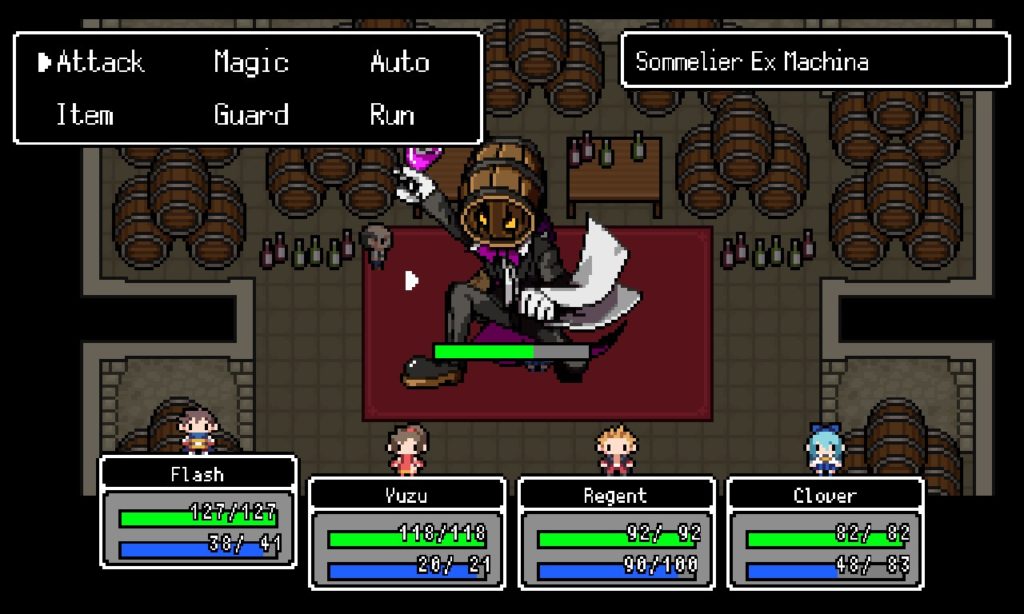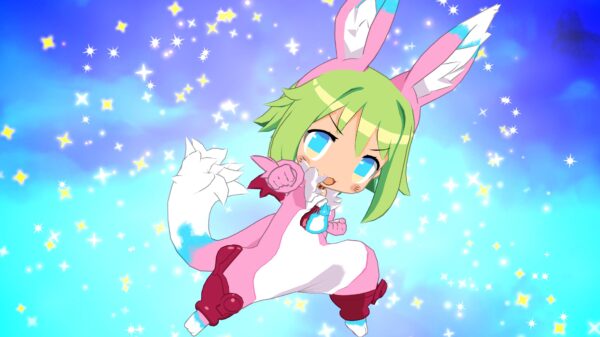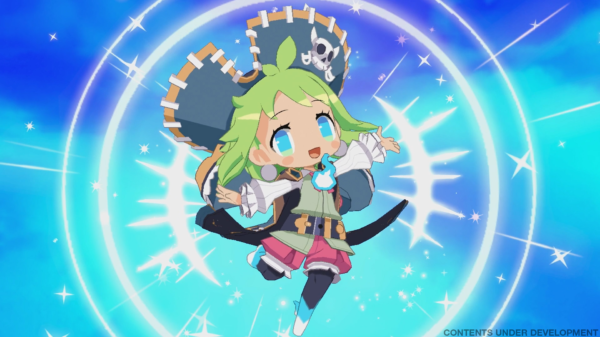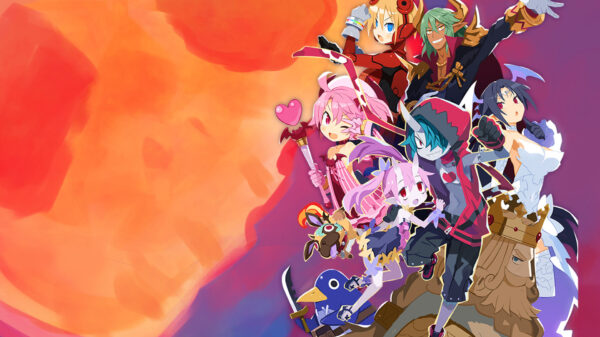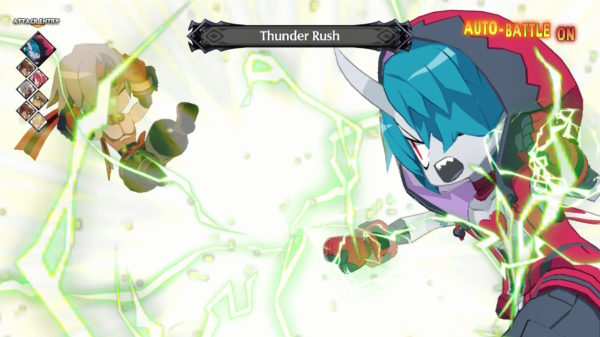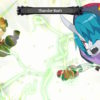The Longest Five Minutes is a JRPG told as a frame story, putting you in the shoes of an amnesiac hero who remembers his adventure through a series of flashbacks. Despite this fascinating premise, The Longest Five Minutes fails to live up to its potential.
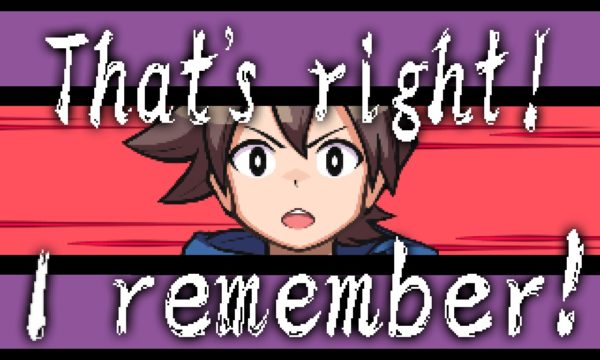
The Longest Five Minutes
Nippon Ichi Software and SYUPRO-DX
Price: $39.99
Platforms: PC (reviewed), Nintendo Switch, PS Vita
MonsterVine was provided with a PC code for review.
When the aptly-named Flash Back finds himself in front of the Demon King with no memory of how he got there, he’s in no condition to help his party save the world. He desperately tries to remember his journey, which soon sends the player into a playable flashback. This is the basic structure for The Longest Five Minutes. After most memories, you’ll return to the present to see more of the confrontation with the Demon King, and then something will trigger another memory that sends you back into the past.
This is a cool structure for a game, and it emphasizes the idea that everything in the present takes place in five minutes, even though you go through an entire adventure. Unfortunately, The Longest Five Minutes rarely uses the structure to its advantage. Your level, equipment, items, and gold are automatically set for each memory, so what you gain in one flashback doesn’t carry over to future scenes. You do have a separate “re-experience level” that increases from your actual battles, but this has no effect on the majority of the game, although I assume it determined my strength for the final battle.
What makes this design even stranger is that the turn-based combat is quite easy, with only boss fights and a few areas requiring more than basic attacks, but it’s coupled with a high random encounter rate. This results in tiresome dungeons filled with bland battles, where your only reward for exploring will usually be items you won’t have in the next scene anyway. Outside of dungeons, there are also basic side quests and a few arcade-style mini-games that you can do for additional experience, which are a nice change of pace.
Between the lack of gameplay continuity, the flashback setup, and the way the Demon King segments play out almost more like a visual novel, the main focus is probably intended to be the story. However, the bulk of the story is generic, with familiar tropes and simple twists that make it feel like any other game in the genre. It only breaks free from this sense in the final hours.
The final two hours of The Longest Five Minutes feel like they are what the game was designed for. They bring in some genuinely interesting plot points that finally use the flashback structure to their advantage. Nevertheless, after the bland combat and generic storytelling along the way, my enjoyment of the final revelations just left me wondering why the entire game couldn’t have been more like that.
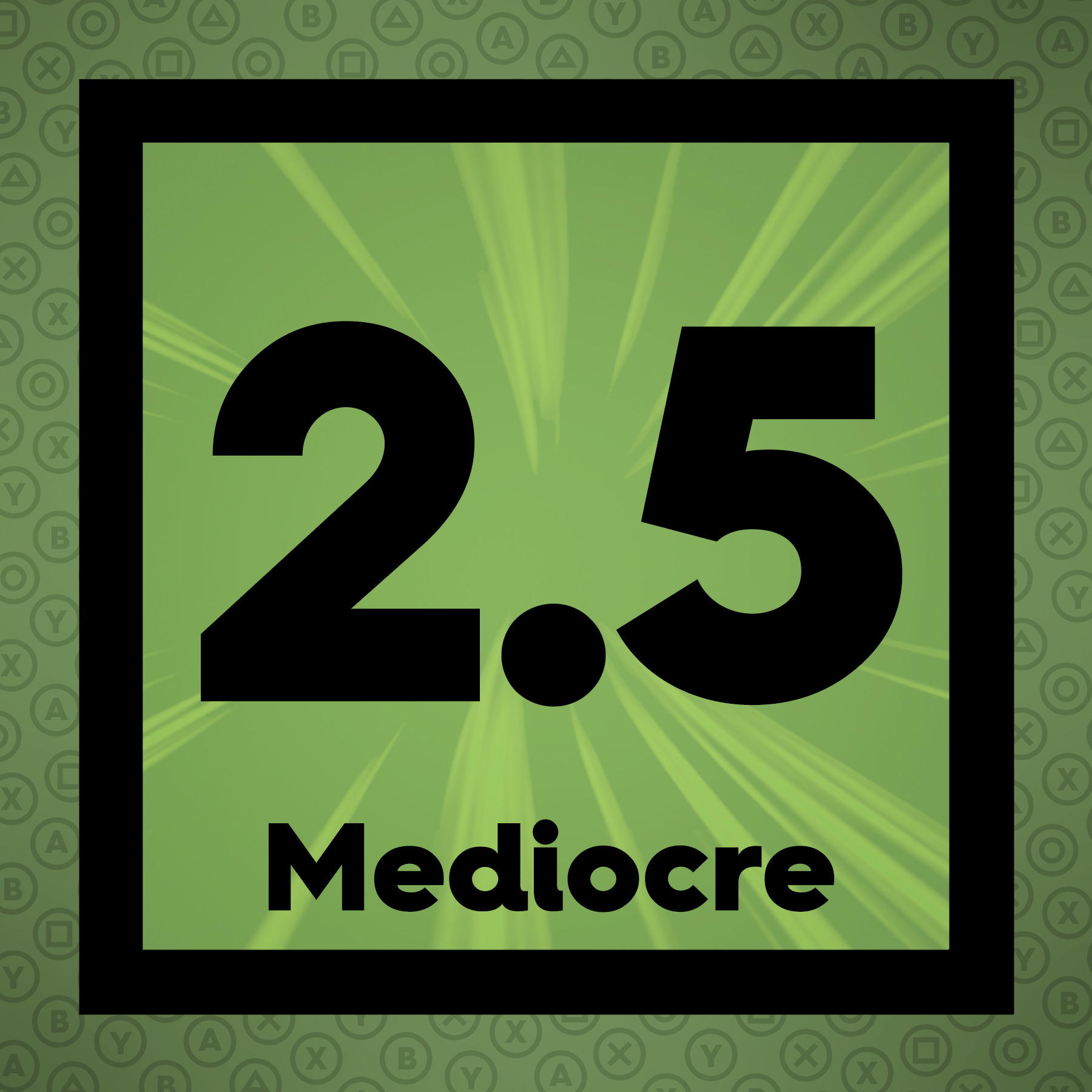 The Final Word
The Final Word
The Longest Five Minutes is a strange mix: a cool premise put together with a weak combat system and a generic story that doesn’t come into its own until the very end. It has good points, especially if you’re nostalgic for old-school turn-based JRPGs, and the final hours are pretty interesting, but the tedious journey to get there makes it hard to say it’s worth it.
– MonsterVine Rating: 2.5 out of 5 – Mediocre




